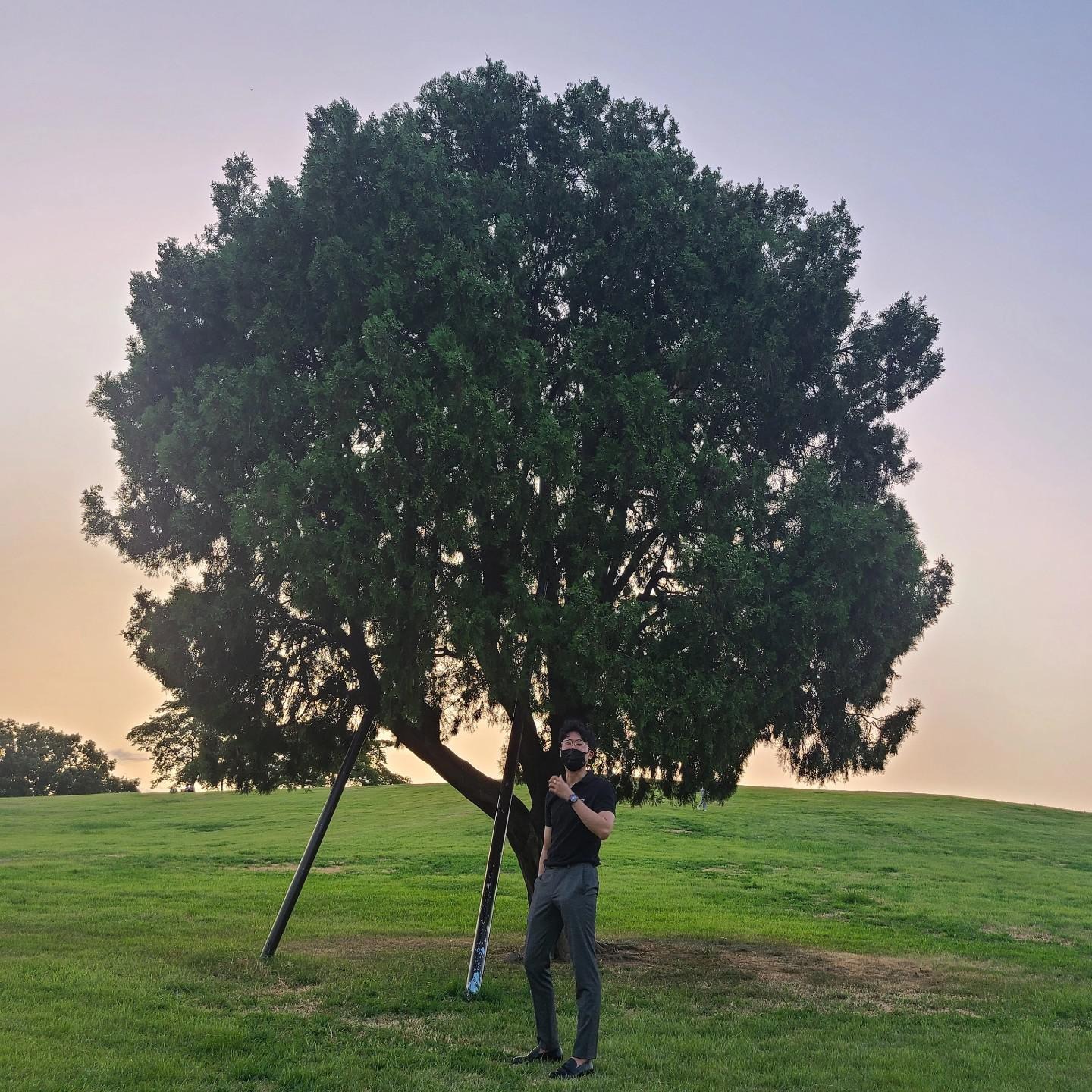반응형
오버로딩 / 오버라이딩
오버로딩은 기존에 없는 새로운 메서드를 추가
오버라이딩은 조상으로부터 상속받은 메서드의 내용을 변경
super
자손 클래스에서 조상 클래스로부터 상속받은 멤버를 참조할때 사용
public class SuperTest {
public static void main(String[] args) {
Child c = new Child();
c.method();
}
}
class Parent{
int x = 10;
}
class Child extends Parent{
int x = 20;
void method(){
System.out.println("x=" + x); // 20
System.out.println("this.x=" + this.x); // 20
System.out.println("super.x=" + super.x); // 10
}
}
final
불변성을 가지도록 final 키워드를 제공
1. final 변수
final String str = "hello";
str = "hi" // error2. final arguments
public void func(final int num){
num = 2; //error
}3. final class
상속이 불가능하다.
final class Test{
final String str = "hello";
}
class Test2 extends Test{
//error
}4. final method
override 불가능하다. (재정의 불가)
class Test{
final String getTest(){}
}
class Test2 extends Test{
@Override
String getTest(){
//error
}
}다형성
public class BindingTest {
public static void main(String[] args) {
Parent p = new Child();
Child c = new Child();
System.out.println("p.x= " + p.x);
p.method();
System.out.println("c.x= " + c.x);
c.method();
// p.x= 100
// c m
// c.x= 200
// c m
}
}
class Parent{
int x = 100;
void method(){
System.out.println("p m");
}
}
class Child extends Parent{
int x = 200;
void method(){
System.out.println("c m");
}
}
필드와 메서드가 일치하지 않아서 위 결과에 대해서 전혀 이해가 안되었다.
알고보니 메서드는 인스턴스를 참조하고, 필드는 참조변수를 바라본다.
만약 자식클래스에 필드, 메서드 다 없다면? -> 부모 클래스에 필드와 메서드를 출력한다.
반응형
